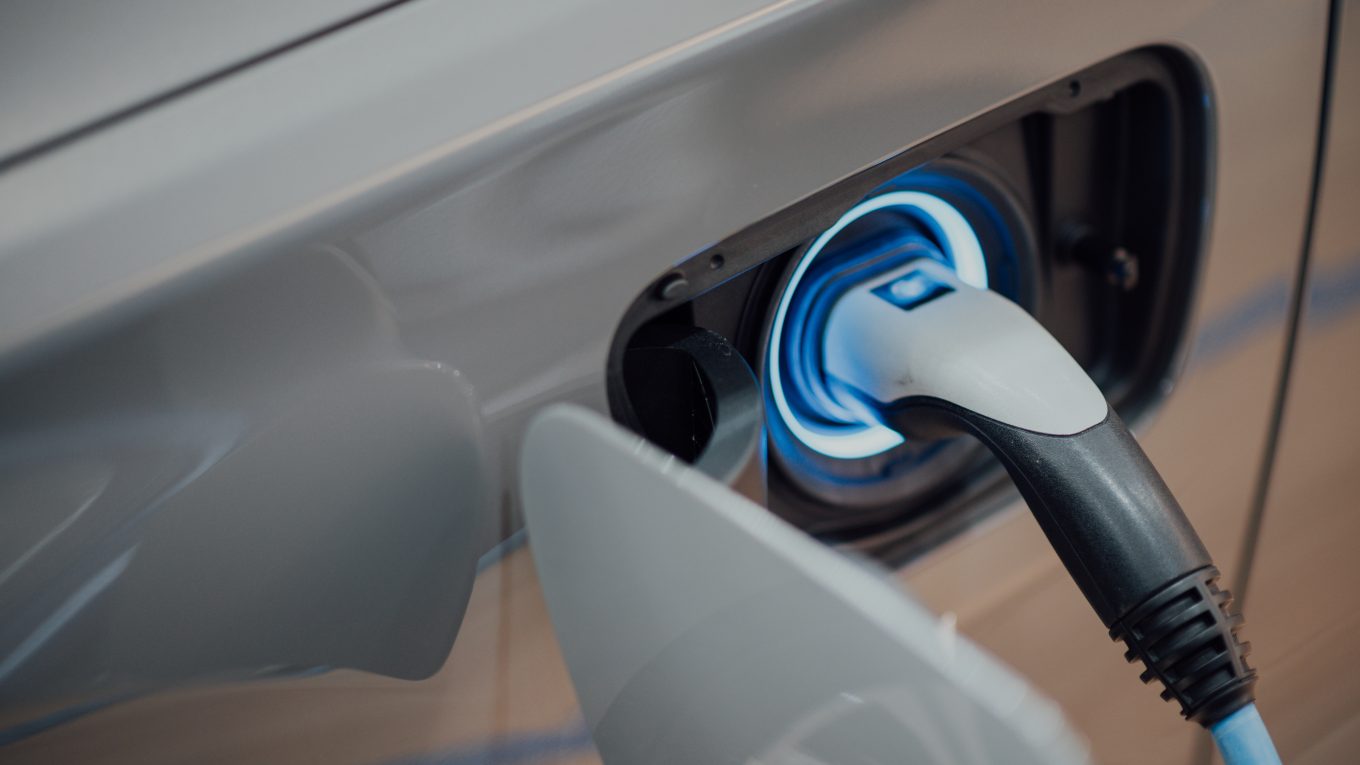The Future of Electric Cars: What can be expected from Green Cars?
With time, People are moving forward towards the green world, and one of the main shift during this age is of people shifting from normal fuel cars to green cars, cars which do not pollute our planet Earth, the Electric Cars.
In recent years, the automotive industry has witnessed a seismic shift as electric cars have emerged as the vanguard of sustainable transportation. Fueled by technological advancements and a global push for reducing carbon emissions, electric vehicles (EVs) have steadily gained traction. In this article, we will explore the exciting future of electric cars, examining the key drivers behind their rise, the challenges they face, and the innovations set to reshape the automotive landscape.
The Accelerating Adoption of Electric Cars
The electrification of automobiles has reached a tipping point, marked by a significant increase in EV adoption worldwide. Factors such as growing environmental consciousness, government incentives, and improvements in battery technology have fueled this surge. Major automakers have committed substantial resources to develop and produce electric vehicles, further accelerating their adoption.
Improvement in Battery Technology
One of the most critical aspects driving the future of electric cars is the continuous evolution of battery technology. Engineers and researchers are working relentlessly to enhance battery capacity, charging speed, and overall performance. Innovations like solid-state batteries and graphene-enhanced lithium-ion batteries hold the potential to revolutionize EVs by significantly increasing their range, reducing charging times, and prolonging battery life.
Rapid Growth in Charging infrastructure
The expansion of charging infrastructure is crucial for fostering widespread electric vehicle adoption. Governments, private companies, and utility providers are investing heavily in establishing charging networks across cities, highways, and even remote areas. The emergence of ultra-fast chargers promises to reduce charging times to a few minutes, further eliminating “range anxiety” and making electric cars more practical for everyday use.
Self Driving Cars and EVs
The future of electric cars is closely intertwined with the development of autonomous driving technology. As self-driving capabilities become more advanced and widespread, electric vehicles will benefit from optimized driving patterns, increased safety, and reduced traffic congestion. Autonomous electric taxis and delivery vehicles hold the potential to revolutionize urban mobility and logistics, making transportation more efficient and sustainable.
Impact on our Environment
The transition to electric cars represents a fundamental step toward reducing the automotive industry’s carbon footprint. EVs produce zero tailpipe emissions, reducing air pollution and greenhouse gas emissions significantly. By coupling EV adoption with renewable energy sources, such as solar and wind power, we can create a greener and more sustainable transportation ecosystem.
Problems Ahead
Despite the numerous benefits of electric cars, several challenges persist and must be addressed to ensure their continued growth and mainstream acceptance.
- Range Anxiety: While advancements in battery technology have increased electric car ranges, range anxiety remains a concern for potential buyers. To overcome this, car manufacturers and charging infrastructure providers must work together to make charging points widely accessible and efficient.
- Cost: Currently, electric cars generally come with a higher price tag compared to their conventional counterparts. However, ongoing technological improvements and economies of scale in production are gradually reducing costs. Government incentives and tax breaks can further encourage EV adoption.
- Charging Infrastructure: The expansion of charging infrastructure needs to keep pace with the growing number of electric cars on the road. Investments in fast-charging technology, smart charging solutions, and charging stations in urban areas and remote regions will be crucial for EVs’ success.
- Recycling and Disposal of Batteries: Proper disposal and recycling of lithium-ion batteries must be addressed to minimize environmental impact. Developing sustainable battery recycling methods will be essential as the number of retired EV batteries increases in the coming years.
Innovating Transformations in Car Industry
The future of electric cars holds many exciting prospects, with innovative technologies and developments poised to revolutionize the industry:
- Solid-State Batteries: Solid-state batteries offer higher energy density, improved safety, and faster charging times compared to conventional lithium-ion batteries. Their adoption in electric cars could lead to significant advancements in range and charging speed.
- Vehicle-to-Grid (V2G) Technology: V2G technology enables electric cars to serve as mobile energy storage units, allowing them to transfer excess energy back to the grid during peak demand. This technology can enhance the stability and reliability of the electric grid, making EVs a vital part of the future smart energy ecosystem.
- Wireless Charging: Wireless charging technology eliminates the need for physical connectors, making the charging process more convenient and seamless for electric car owners. Integration of wireless charging infrastructure in parking lots and roads can further boost the appeal of EVs.
- Advanced Materials: Lightweight and high-strength materials, such as carbon fiber composites, are gaining popularity in electric car manufacturing. These materials reduce vehicle weight and increase energy efficiency, ultimately extending the driving range.
Conclusion
The future of electric cars promises to be electrifying, with technological advancements, sustainability efforts, and evolving consumer attitudes propelling the EV revolution forward. The automotive industry is witnessing a paradigm shift as electric cars redefine the way we travel, and the road ahead is full of exciting possibilities. By addressing challenges and investing in innovative solutions, we can accelerate the transition to a greener, cleaner, and more sustainable transportation future with electric vehicles leading the charge.

One thought on “The Future of Electric Cars: What can be expected from Green Cars?”